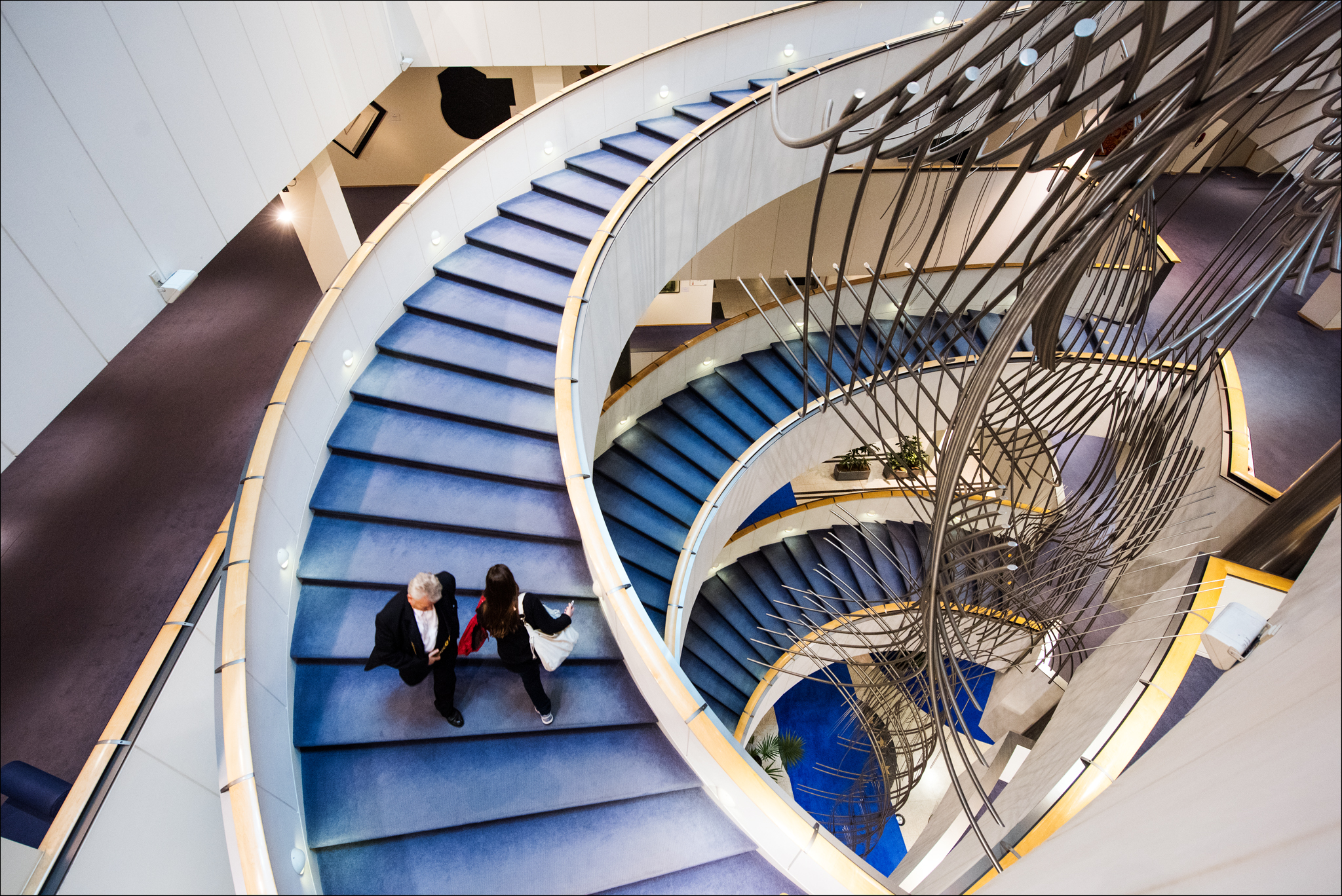Written by Clare Ferguson,

While all eyes are on rescuing the climate from a consumer-driven catastrophe, the European Parliament sits in plenary this week to discuss a variety of ways in which life in Europe could be made more sustainable – that is making the Union, and the wider world, more equal, fair and liveable for citizens.
First on the agenda then, and in keeping with the discussions at the COP21 Climate Change conference in Paris, is the Commission’s statement on proposals for a new circular economy package. Circular economics, replacing a wasteful take-make-consume and throw-away lifestyle with a more durable society based on recycling-repairing-reusing, could help to create two million new jobs in Europe and reduce net resource spending by €600 billion. However, the proposals do have some downsides: whilst new jobs would be created, old jobs would be lost in the more immediate future; the switch to a different consumer model would take time and effort, and investment, not least because at present, all Member States treat waste differently. Parliament is seeking targets to increase EU and national resource efficiency by 30% compared to last year’s levels – and that by 2030.
Following debate on the European Ombudsman’s report on Frontex, Members will consider Karima Delli’s (Greens/EFA, France) own initiative report for Parliament’s Committee on Transport and Tourism on sustainable urban mobility. As the urban population grows, our towns and cities, home to 70% of the EU population and responsible for 85% of GDP, are suffocating from traffic congestion and pollution. Urban CO2 emissions account for 23% of the EU total, and the Parliament proposes to invite city authorities to take countermeasures to promote sustainable urban mobility. Surely no-one can deny that our cities could become much more liveable with a shift towards greener transport, such as phasing out traditionally fuelled cars and stricter speed limits in urban areas?
Continuing the debate in the evening, the Council and Commission are expected to make a statement on the implementation and the legacy of the European Year for Development. During 2015, each month has been devoted to promoting a different aspect of development aid, an area in which the EU is particularly active. Starting from Europe’s place in the world in January, EYD2015 focused on protection of the most vulnerable sections of society, women and girls, children and youth, through actions on health issues, humanitarian aid and food security. These issues were pushed to the top of the agenda long before the UN Sustainable Development Goals were agreed in September, as issues of peace and stability, human rights and governance impacted on demography and migration, and the subsequent need for humanitarian aid.
Finally, in preparation for the discussion in Council on 7 December of the proposals to improve gender equality in leadership in the EU, MEPs will discuss the continuing general inaction in EU Member States to assure that the EU make best use of its human capital by ensuring a gender balance among non-executive directors of companies listed on stock exchanges, an issue where words have yet to be followed up with real action.








Be the first to write a comment.